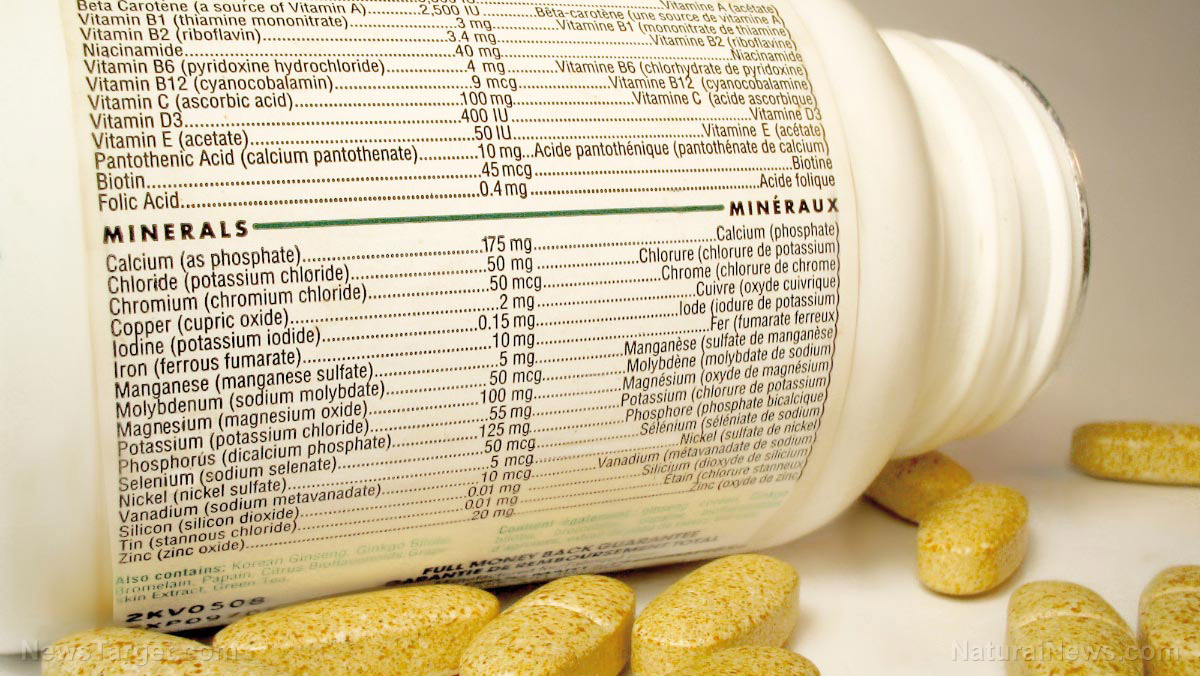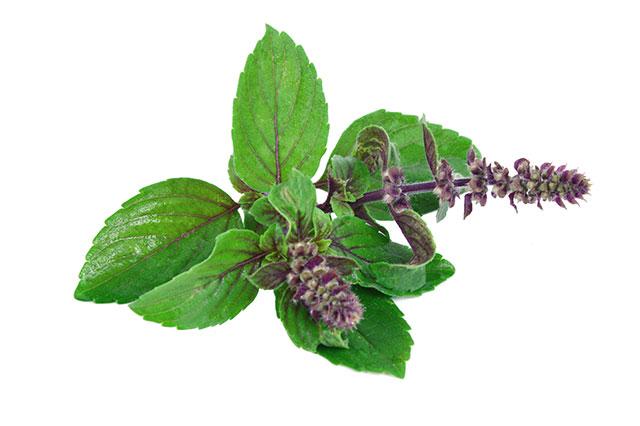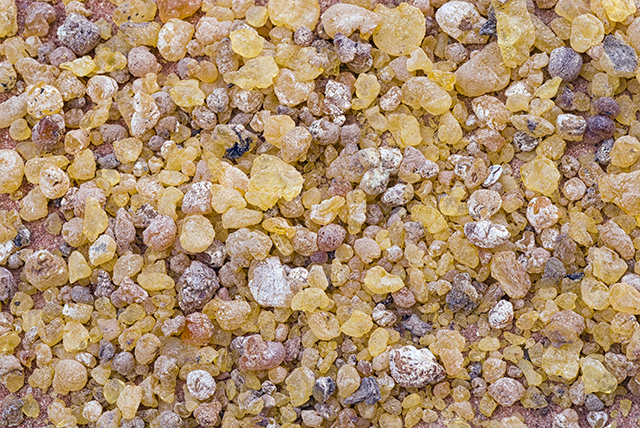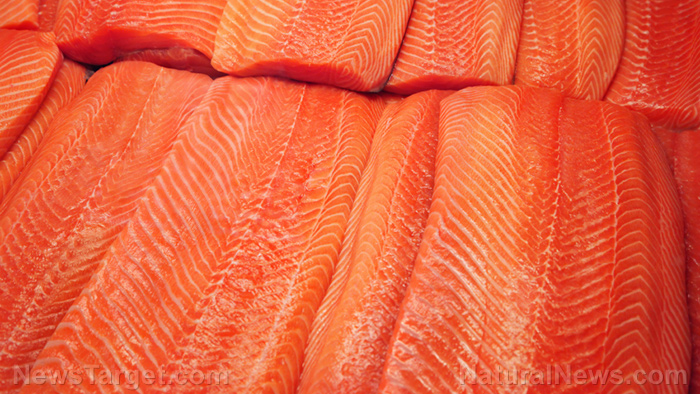Best diet to heal cancer? Try the Budwig Diet, the meal plan that has been proven to work for more than 50 years
05/26/2018 / By Vicki Batts

The Budwig diet has been around for more than 50 years — and it may be the best anti-cancer diet you’ve never heard of before. Developed by the late Dr. Johanna Budwig, an esteemed chemist from Germany and a 7-time Nobel prize nominee, the diet centers on two key health-boosting foods. Is that all it takes to cure cancer? According to Dr. Budwig’s protocol, it really can be that simple.
Dr. Budwig had a wide area of expertise; in addition to being a chemist, she also was a physicist, blood specialist, nutritionist and a leading cancer researcher. In the 1950’s, she reportedly worked for the German government, as an expert on nutrition and pharmaceuticals.
Throughout her years of research, Budwig became the first person to study the ill effects of processed fats (which we now call trans or “hydrogenated” fats). It was this finding, that trans fats cause disease, which inspired her to find a way to cure disease with nutrition. After all, if the cause was “bad” food, shouldn’t the cure be a “good” food?
How does the Budwig diet work?
The cornerstone of the Budwig diet is a simple mixture of cottage cheese and flax seed oil — that’s it! Dr. Budwig spent years studying and doing research before coming up with the perfect cancer-fighting mixture to help restore health at a cellular level. Writing for Natural Health 365, Dr. Veronique Desaulniers explains that when the fats in flax seed combine with the protein found in cottage cheese, it makes for an incredibly healing “muesli.”
According to Medical News Today, there are other aspects to the Budwig diet beyond the staple of cottage cheese and flax seed. People following the Budwig diet (or Budwig protocol, as it’s sometimes called), will typically eat a more plant-based diet that eschews processed foods. Fruits, vegetables and other high-fiber foods are mainstays of the meal plan.
Additionally, people following Budwig dietary protocol will also avoid meats (especially processed meats), butter and margarine, and sugar. Dr. Budwig also reportedly encouraged patients to spend more time in the sun, to help bolster vitamin D levels.
What evidence supports the Budwig diet?
While the conventional medical community considers the Budwig diet “unproven” due to a lack of clinical studies, Dr. Budwig’s research led her to it for a reason. As Dr. Desaulniers reports, Budwig first discovered that processed fats were causing cell membranes to lose their electrons — rendering them unstable and susceptible to disease. “This was when she began to develop an “oil protein” of her own, that would reverse the disease-causing effects of trans fats and processed foods,” Desaulniers explains.
Years of research led Dr. Budwig to the cottage cheese and flax oil mixture — and moreover, the diet has been used successfully in the treatment of cancer and other conditions for the last 50 years, according to anecdotal studies.
There is a growing body of evidence to support the health benefits of flax seed, as well. In fact, research has shown that flax is an anti-cancer food.
A 2013 study, for example, concluded that consuming a flax-enriched diet reduced the incidence of ovarian cancer in hens.
Recent research has shown that flax seed can help fight against lung cancer by reducing inflammation and oxidative stress. Another report from 2018 contended that the little flax seed could also help prevent and treat breast cancer, too.
It’s not just the flax; cottage cheese is an under-recognized nutritional powerhouse. In addition to being loaded with vitamins and minerals, cottage cheese is also a fermented food — which means its loaded with health-boosting probiotics. It’s no wonder flax and cottage cheese make for such a potent, healing combination.
You can learn more about nutrition for total health and well-being at Food.news.
Sources for this article include:
Tagged Under: alternative medicine, anticancer foods, Budwig diet, cancer, cancer diets, fermented foods, Flax, food, nutrients




















